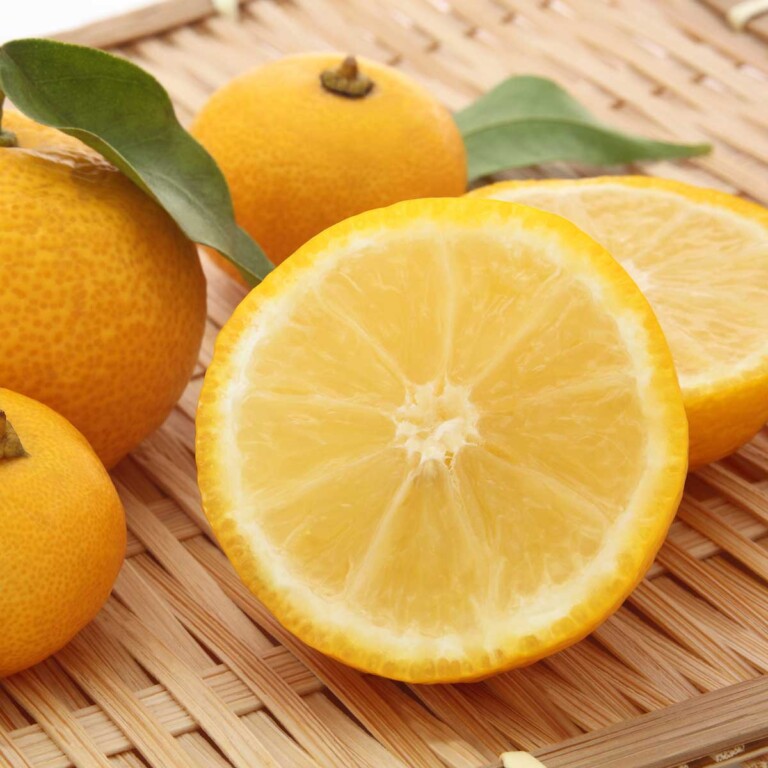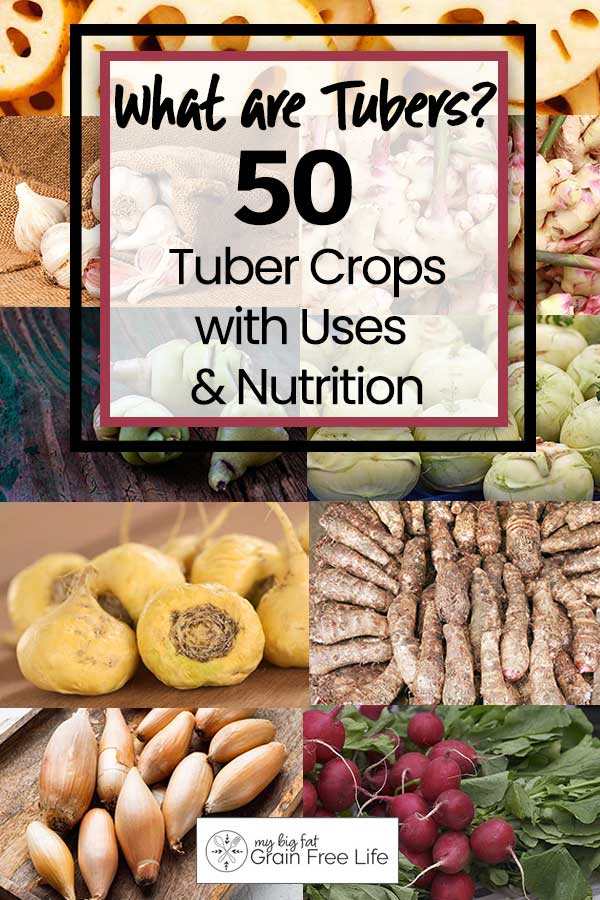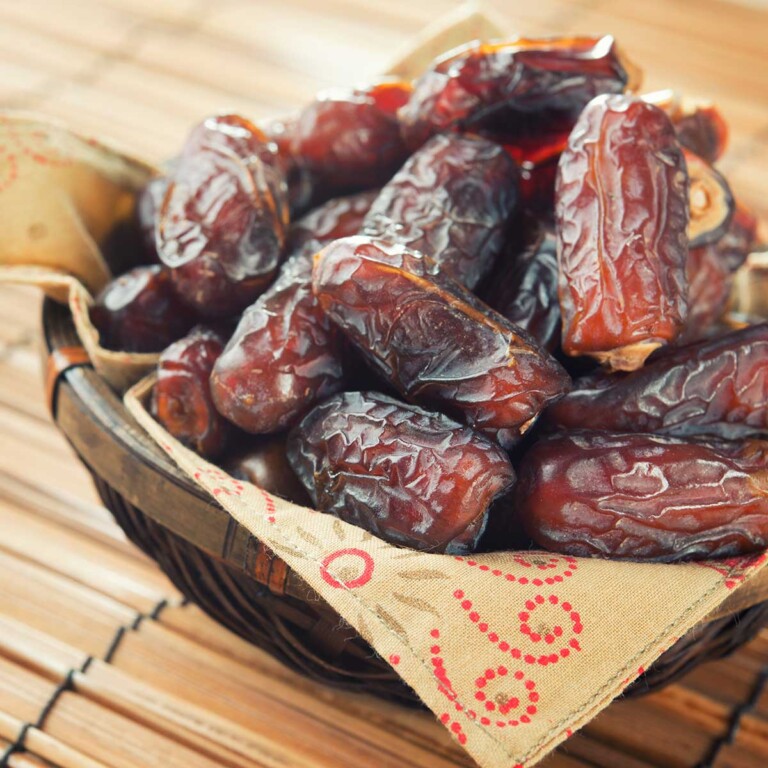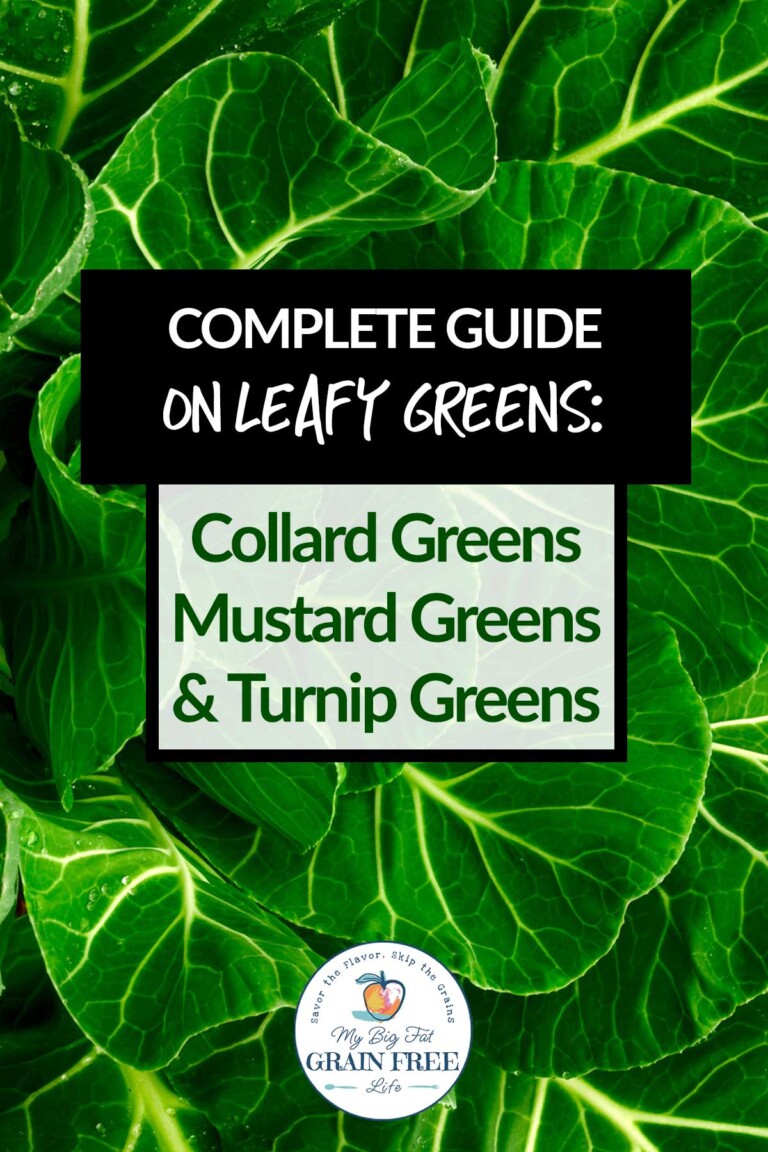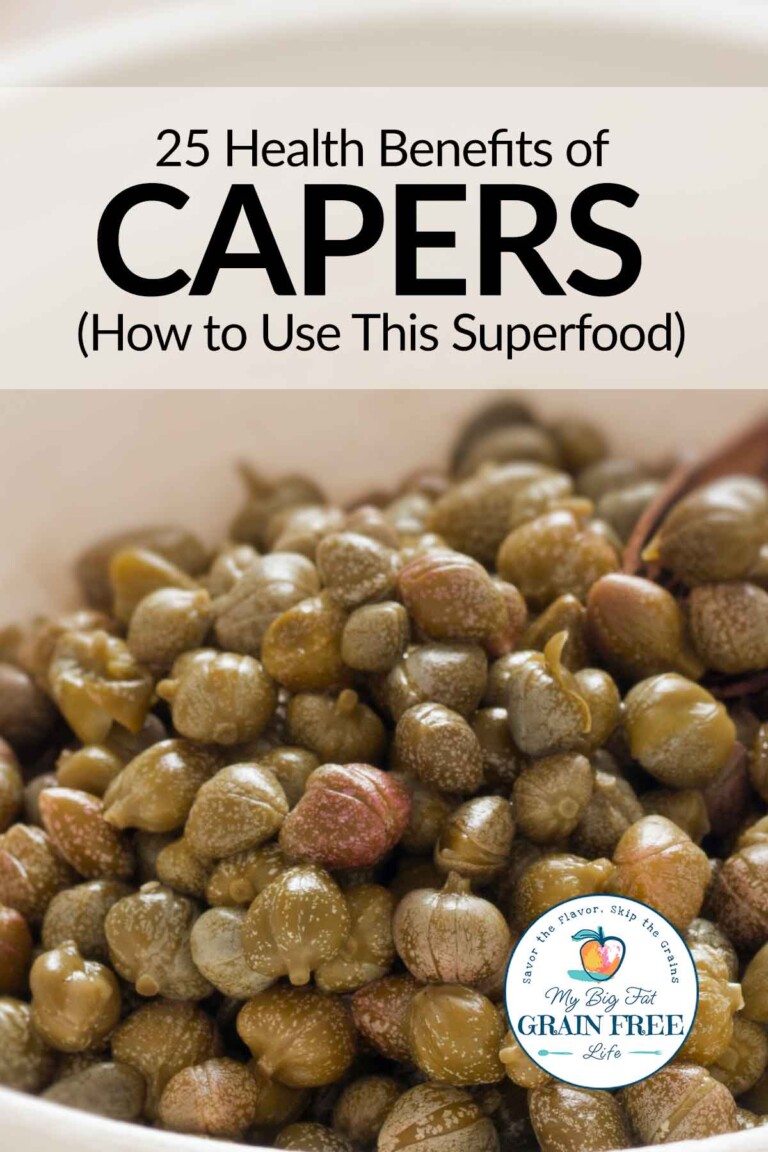Frozen Vs Fresh Vegetables: Comparing Nutrients
This post may contain affiliate links. If you make purchase after clicking a link, I may receive a commission at no extra cost to you.
Last Updated on March 22, 2024
It’s common to wonder how frozen vs fresh vegetables stack up in terms of nutritional value. Since frozen veggies are so much less expensive than fresh produce, it’s important to know if you are giving up nutrients in favor for a lower price. So, let’s take a look!

Frozen Vs Fresh Vegetables
With the cost of food rising so much, the price of fresh produce can oftentimes be quite jaw-dropping. Recently I saw organic apples in the produce section priced at $6.49/lb. Never in my life had I seen a pricetag for organic apples be so high!
While I personally prefer fresh vegetables over frozen ones, we have been trying to cut down on our grocery bill, so we have been purchasing more and more frozen vegetables.
Like us, you might be wondering about frozen vs fresh vegetables in terms of nutrients. So, we are going to break it down for you.
Some of the questions we will answer are: Are frozen vegetables as healthy as fresh ones? Are nutrients lost when vegetables are frozen?
Let’s start by looking at freezing methods.

How Freezing Methods Affect Nutrients
When it comes to freezing vegetables, the method used and the speed at which they are frozen can have an impact on their nutrient content.
Understanding how these freezing methods affect nutrients is important in order to make informed choices about the preservation of vegetables.
How Fast the Vegetable Was Frozen
- Frozen Quickly: When vegetables are frozen quickly, such as through flash freezing methods, ice crystals that form during freezing are smaller. This helps to preserve the integrity of the cell structure within the vegetable and minimize nutrient losses.
- Frozen Slowly: Slower freezing methods can lead to larger ice crystals, which may cause more damage to the cellular structure and result in greater nutrient loss.
The Method By Which the Vegetable Was Frozen
Two common methods are blanching and raw packing.
- Blanching: The blanching process involves briefly immersing vegetables in boiling water or steam before freezing them. This process helps to inactivate enzymes that can cause nutrient degradation during storage.
- Raw Packing: Raw packing involves directly freezing vegetables without any pre-treatment. While this method is simpler, it may result in slightly higher nutrient loss compared to blanching.

Nutrition of Fresh Vs. Frozen Vegetables
Fresh vegetables are known for their peak of ripeness and fresh flavors, but frozen vegetables have their own advantages too.
While some nutrient loss may occur during the freezing process, studies have shown that frozen vegetables can have comparable nutrient content to their fresh counterparts.
This means that if you’re unable to find or afford fresh veggies, frozen vegetables can still be a good, healthy choice.
Nutrient Loss In Frozen Vegetables
Nutrient loss in frozen vegetables occurs due to several factors. Let’s explore them in detail:
Freezing Process
As I mentioned above, the freezing process itself can lead to some nutrient loss. The exposure to extremely low temperatures can cause damage to the cell structure of the vegetables, resulting in a loss of water-soluble vitamins such as vitamin C and B vitamins.
Blanching Before Freezing
Also mentioned above, blanching is another method of freezing fresh vegetables. This step is done to deactivate enzymes that can cause spoilage during storage and maintain the color and texture of the vegetables.
However, blanching can also lead to nutrient loss, particularly water-soluble vitamins like vitamin C and folate.
Storage Duration of Frozen Vegetables
The length of time frozen vegetables are stored can also affect nutrient levels.
Over time, even when stored at optimal conditions (below 0 degrees Fahrenheit or -18 degrees Celsius), some nutrients may gradually degrade. It is recommended to consume frozen vegetables within a reasonable period to minimize nutrient loss.
Thawing and Cooking Methods
Improper thawing methods or overcooking can further contribute to nutrient loss in frozen vegetables.
Thawing frozen vegetables too quickly or using high heat during cooking may result in additional nutrient degradation. To minimize these losses, it is best to thaw frozen vegetables slowly in the refrigerator and cook them using methods that require minimal water and shorter cooking times, such as steaming or stir-frying.
Packaging
The packaging used for freezing vegetables plays a role in preserving their nutrient content as well. Proper packaging materials and techniques help maintain the quality of frozen vegetables by preventing freezer burn and limiting exposure to oxygen.

Pros and Cons of Frozen Vegetables
Let’s weigh the pros and cons of fresh and frozen vegetables.
Pros of Frozen Vegetables
- Cost-effective: Frozen vegetables are often more affordable than fresh ones, allowing you to incorporate a variety of veggies into your diet while staying within budget.
- Convenient and time-saving: Frozen vegetables are a convenient option for those seeking minimal effort in meal preparation. They come pre-cut and pre-washed, eliminating the need for time-consuming cleaning and chopping that fresh vegetables require.
- Longer shelf-life: Frozen vegetables have a longer shelf life than fresh ones since they are preserved by freezing.
- Availability throughout the year: Frozen vegetables are available year-round regardless of seasonal availability, allowing you to enjoy your favorite veggies even when they are out of season.
- Retains most nutrients: Frozen vegetables are often flash-frozen immediately after harvest, preserving most of their nutrient value.
- Reduced risk of spoilage: Since frozen vegetables are already preserved, there is less risk of spoilage compared to fresh ones that may go bad if not used promptly, reducing food waste.
- Easier portion control: Frozen vegetables are conveniently packaged in portioned sizes, making it easier to control the amount you use in your meals.
- Ready-to-use in recipes: Frozen vegetables can be directly added to recipes without thawing, making them a convenient option for quick and easy meal preparation.
- Peak freshness: Most fresh fruits and vegetables are picked before they are ripe. Since they are picked before ripe, they have less time to develop a full range of vitamins, minerals and natural antioxidants. On the other hand, vegetables that will be frozen are generally picked at peak ripeness, when they’re the most nutritious. Once harvested, the vegetables are often frozen and packaged within a few hours.
Cons of Frozen Vegetables
- Nutrient loss: Frozen vegetables may undergo a slight nutrient loss during the freezing process, resulting in a decrease in certain vitamins and minerals compared to fresh vegetables.
- Texture changes: Freezing can cause the texture of vegetables to change. Some frozen vegetables may become softer or mushier when cooked, which may not be desirable for certain dishes.
- Flavor alteration: Freezing can alter the flavor of vegetables, sometimes making them taste slightly different compared to fresh vegetables.
- Limited variety: The variety of frozen vegetables available in stores is often more limited compared to the wide range of fresh produce available seasonally.
- Possible additives: Some frozen vegetable products may contain added salt, seasoning, sauce, or other additives, so be sure to read lables carefully.
- Potential for freezer burn: If not properly stored or sealed, frozen vegetables can develop freezer burn, which can affect their taste and texture.
- Reduced visual appeal: Frozen vegetables may lose some of their bold colors during the freezing process, making them less visually appealing when cooked or served.
- Availability of organic options: It may be more difficult to find organic options among frozen vegetables compared to fresh ones.

Frozen Vegetables Vs. Fresh Vegetables: Additives and Preservatives
One concern people often have about frozen vegetables is additives and preservatives. The good news is that most commercially available frozen vegetables do not contain any added ingredients or preservatives. They are simply flash-frozen to preserve their nutritional value without compromising taste or quality.
Be sure to check labels for any added salt, seasonings, or sauce before purchasing frozen vegetables.
How to Pick the Best Frozen Vegetables
When selecting frozen vegetables at the grocery store, there are a few things to keep in mind.
- Look for packages that are free from ice crystals, as this can indicate thawing and refreezing.
- Check the ingredient list to ensure there are no added sugars or unnecessary additives.
- Lastly, opt for vegetables that resemble fresh vegetables in terms of color and texture.
Steps to Freeze Fresh Vegetables
If you have an abundance of fresh vegetables and want to freeze them for later use, here are some simple steps to follow.
- Wash the vegetables: Start by washing the vegetables thoroughly under cold running water to remove any dirt or debris.
- Blanch the vegetables: Blanching helps preserve the flavor, color, and texture of the vegetables. Bring a large pot of water to a boil and add the vegetables. Boil them for a short period (usually 1-3 minutes) until they are slightly tender but still crisp.
- Cool the vegetables: Immediately after blanching, transfer the vegetables to an ice bath to stop the cooking process. This will help maintain their color and prevent them from becoming overcooked.
- Drain and dry: Once cooled, drain the vegetables well and pat them dry with a clean kitchen towel or paper towels. Excess moisture can lead to freezer burn, so it’s important to remove as much water as possible.
- Portion and pack: Divide the blanched and dried vegetables into portion sizes that you are likely to use in one sitting. Place them in freezer-safe containers or bags, ensuring all excess air is removed before sealing tightly.
- Label and date: Be sure to label each container or bag with the name of the vegetable and the date it was frozen. This will help you keep track of how long they have been stored in your freezer.
- Freeze promptly: Place the packed containers or bags in your freezer as soon as possible after packing them to ensure optimal freshness and quality.
When to Choose Frozen
There are times when choosing frozen vegetables makes sense. For instance, if you’re short on time or don’t have access to fresh produce, frozen veggies can be a convenient alternative.
If you need to save money or you find yourself tossing fresh vegetables because they get moldy or go bad, perhaps frozen vegetables are a good choice.
Additionally, during off-seasons when certain vegetables may not be readily available or affordable, opting for frozen versions can still help you meet your nutritional needs.
Best Vegetables to Eat Fresh
- Leafy greens
- Tomatoes, bell peppers, and other nightshade foods
- Cucumbers
- Radishes
- Carrots
Best Vegetables to Eat Frozen
- Broccoli
- Spinach
- Green peas
- Green beans
- Cauliflower
Tips for Using Frozen Vegetables
Here are a few tips for using frozen vegetables effectively.
- First, avoid thawing them before cooking, as this can lead to a loss of nutrients and affect texture.
- Secondly, season them with herbs and spices like garlic powder, onion powder, sea salt, or sauces to enhance their taste.
- Lastly, consider adding frozen vegetables to soups, stir-fries, or pasta dishes for a quick and nutritious meal.
More Questions about Frozen Vs Fresh Vegetables
If you have more questions about the comparison between frozen vs fresh vegetables, you’re not alone. It’s common to wonder why fresh food is considered better than frozen or why frozen vegetables are often cheaper than fresh ones.
Why is Fresh Food Better Than Frozen?
Fresh food is better than frozen because it retains more nutrients and has a better flavor and texture.
Why Are Frozen Vegetables Cheaper Than Fresh?
Frozen vegetables are generally cheaper than fresh because they have a longer shelf-life and can be produced in larger quantities. This allows for economies of scale, making frozen vegetables more cost-effective to produce and distribute compared to fresh ones.
Is it Better to Freeze Fresh Vegetables?
Freezing fresh vegetables can be a good option to preserve their nutritional value and provide a long shelf life. Freezing helps to lock in nutrients and prevents spoilage, allowing you to enjoy the benefits of fresh vegetables even when they are out of season.
Are Frozen Vegetables Considered Processed?
Yes, frozen vegetables are considered processed as they undergo minimal processing techniques such as blanching or flash-freezing to preserve their quality.
However, the level of processing is generally minimal compared to other heavily processed foods, making frozen vegetables a healthier option compared to many other processed foods available in the market.
Fresh Vs Frozen: Which Is More Nutritious?
When it comes to determining the nutritional value of fresh versus frozen vegetables, research has shown that there aren’t significant differences in the nutrients.
Final Thoughts
While there may be some nutrient loss in frozen vegetables compared to fresh ones, the overall nutritional value of frozen vegetables is still significant. Freezing vegetables at their peak ripeness helps preserve many nutrients, and they can be a convenient and cost-effective option for including more vegetables in your diet.
When fresh options are not available for whatever reason, don’t fear the frozen food aisle! You can rest assured that the vitamin content of frozen produce provides quality nutrients and is a great way to get in your veggie servings each day. So, the next time you are contemplating your grocery list, the important thing to remember is a healthy diet full of a variety of vegetables can be achieved through local produce as well as frozen vegetables.
Sources
- https://www.sciencedirect.com/science/article/abs/pii/S0889157517300418
- https://newswire.caes.uga.edu/story/4966/frozen-nutrients.html
- https://ucanr.edu/sites/kingscounty/files/19188.pdf
- https://ohioline.osu.edu/factsheet/HYG-5333
- https://extension.umn.edu/preserving-and-preparing/science-freezing-foods
- https://extension.umn.edu/preserving-and-preparing/vegetable-blanching-directions-and-times-home-freezer-storage
- https://extension.psu.edu/lets-preserve-freezing-vegetables


